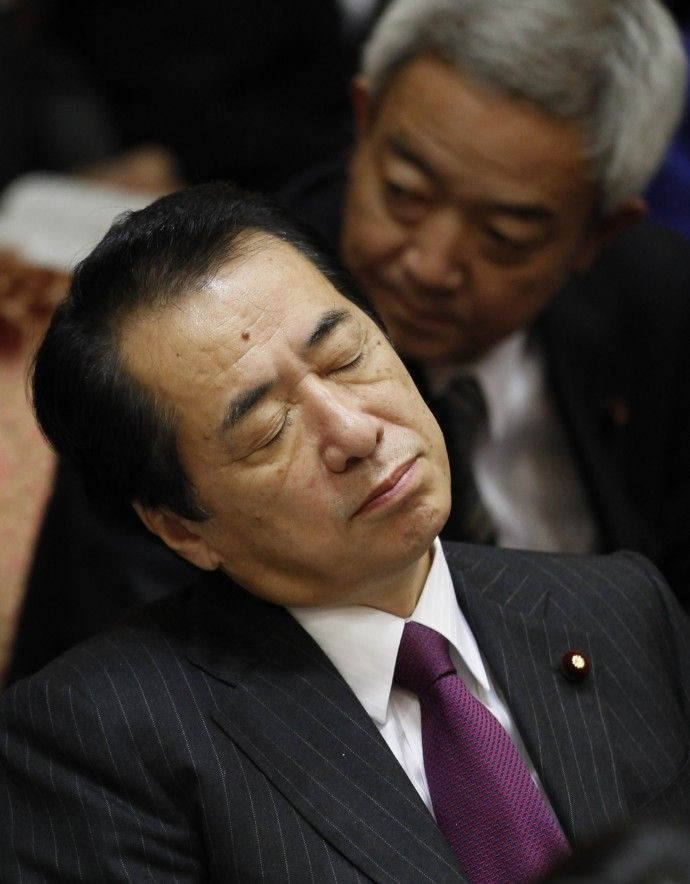Japan to lower corporate tax rate by 4.5 pct

Japan will lower the corporate tax rate by 4.5 percent to spur the economy out of deflation, Nikkei reported on Tuesday.
The report said finance minister Yoshihiko Noda unveiled a plan under which the government tax commission will reduce corporate tax from 30 percent currently to 25.5 percent.
A day earlier, Prime Minister Naoto Kan had asked ministers to lower the corporate tax by 5 percent to lift up the economy and beat deflation, according to a Bloomberg report.
According to Nikkei, the tax effectively stands at about 40 percent once local levies are included. Japan's finance ministry data shows that the corporate tax rate in Tokyo, the country's capital and financial hub, is 40.69 percent, a far higher rate than in other countries.
Analysts and government functionaries lauded the prime minister's initiative on Monday to reduce corporate tax rates. The decision “is the first step to lower corporate tax rates that are too high compared with international standards, and to create a world-class investment environment,” said trade minister Akihiro Ohata.
Businesses feel that the tax initiative is a step in the right direction as it will encourage firms to hike their capital investment domestically and prevent them from shifting manufacturing overseas.
However, the government will face a short-term difficulty in filling the revenue gap caused by the tax cut at a time when it's grappling with the bulging public debt accumulated over years of fight against deflation. Japan's public debt, which is about 200 percent of its gross domestic product, is one of the highest among developed economies.
However, the view that the five percent reduction is too little to help Japanese firms compete with foreign companies on an equal footing. A WSJ report pointed out that the effective tax rate of 35 percent would be far above rates in countries like South Korea and China. South Korea’s corporate tax rate stands at 24.2 percent while China’s is 25 percent, the report says. In Germany the tax rate is 30.18 percent while in the U.K. it is 28 percent.
CAPITAL GAINS TAX
Separately, a move by the Japanese banking minister to extend tax breaks for capital gains tax failed to win Noda's approval on Tuesday. The measure would have helped attract more investors to the stock markets hit by deflation and general economic stagnation.
Banking minister Shozaburo Jimi said he planned to extend the tax breaks, which was introduced in 2003, for another two years and said he would press the matter with Noda again.
© Copyright IBTimes 2025. All rights reserved.





















